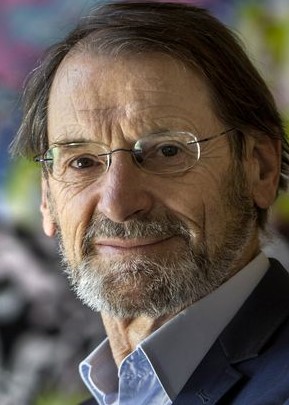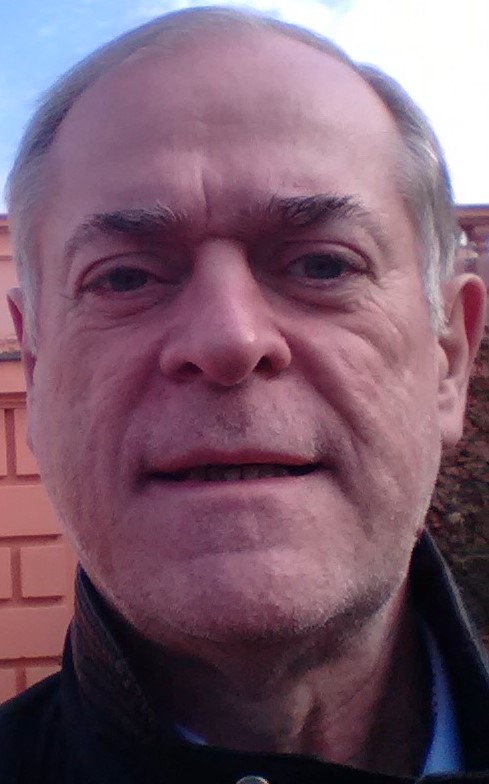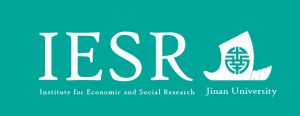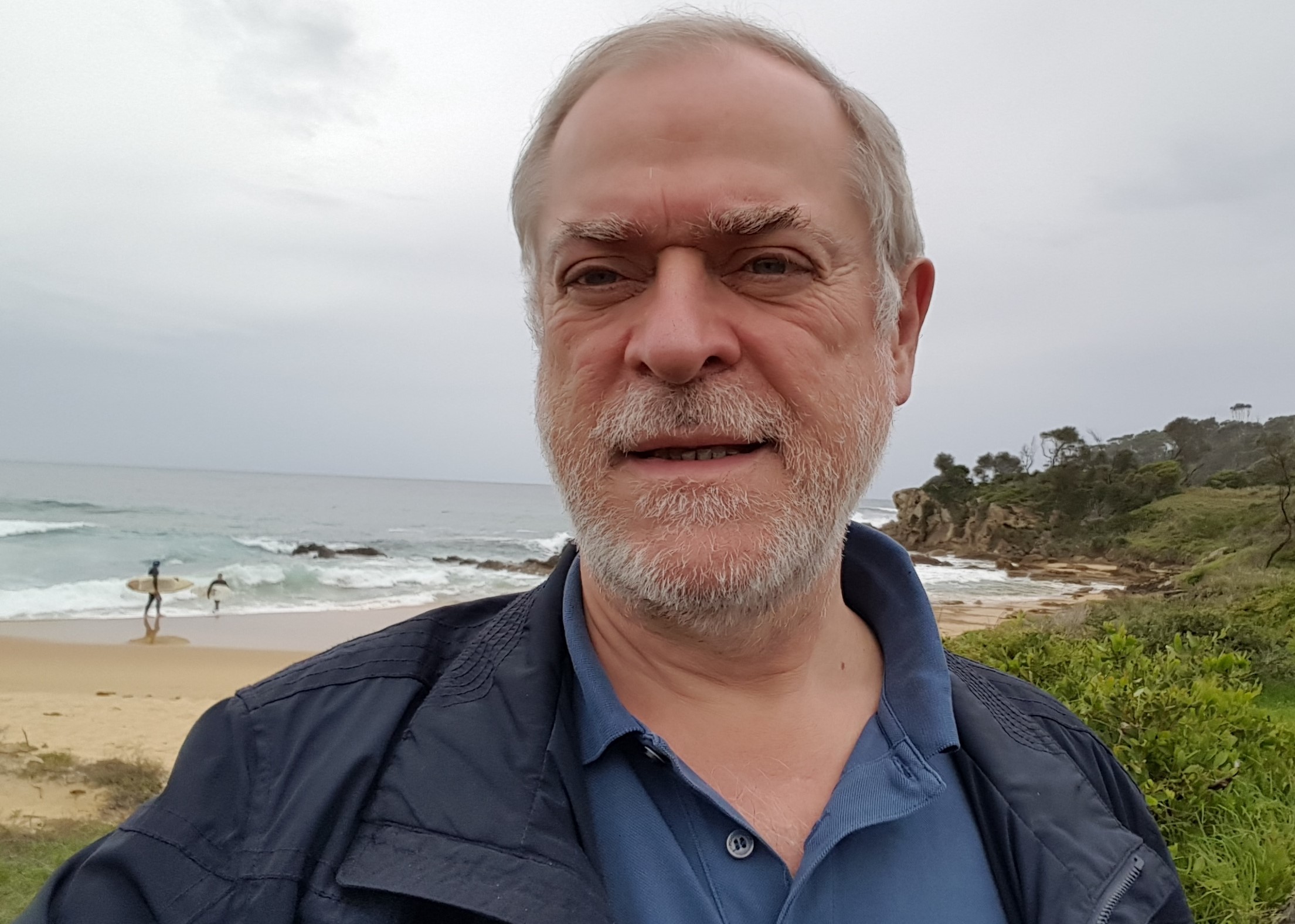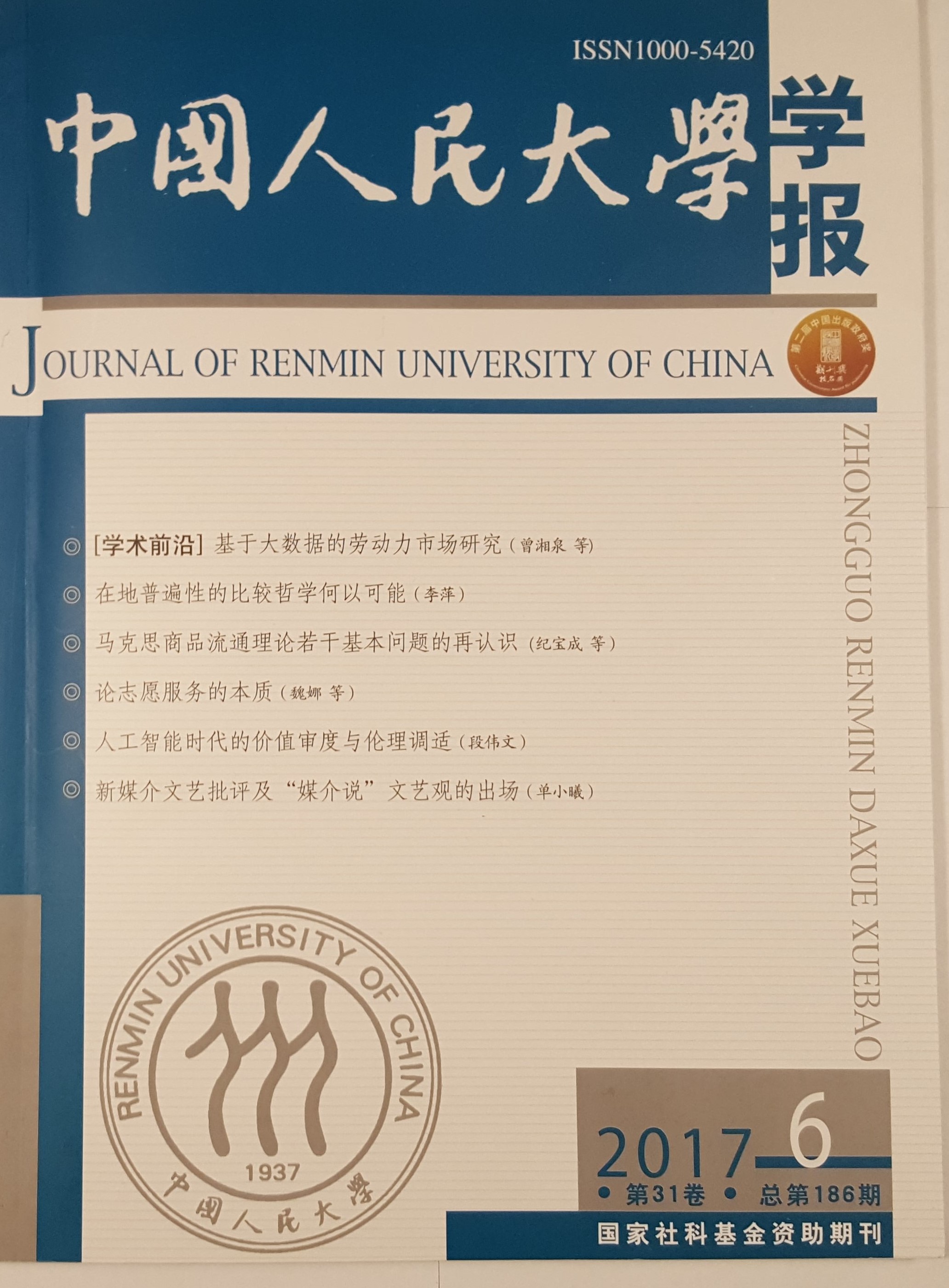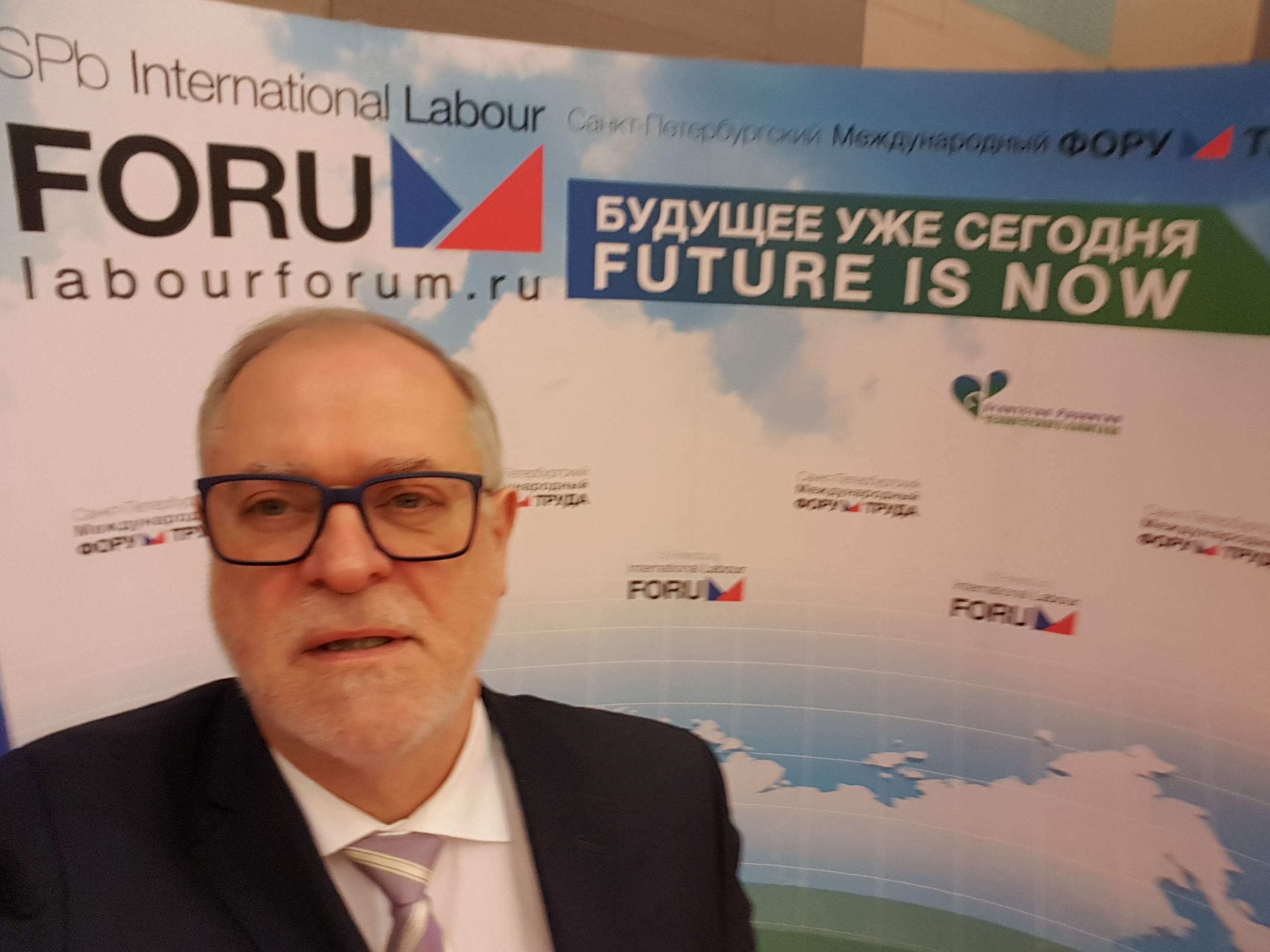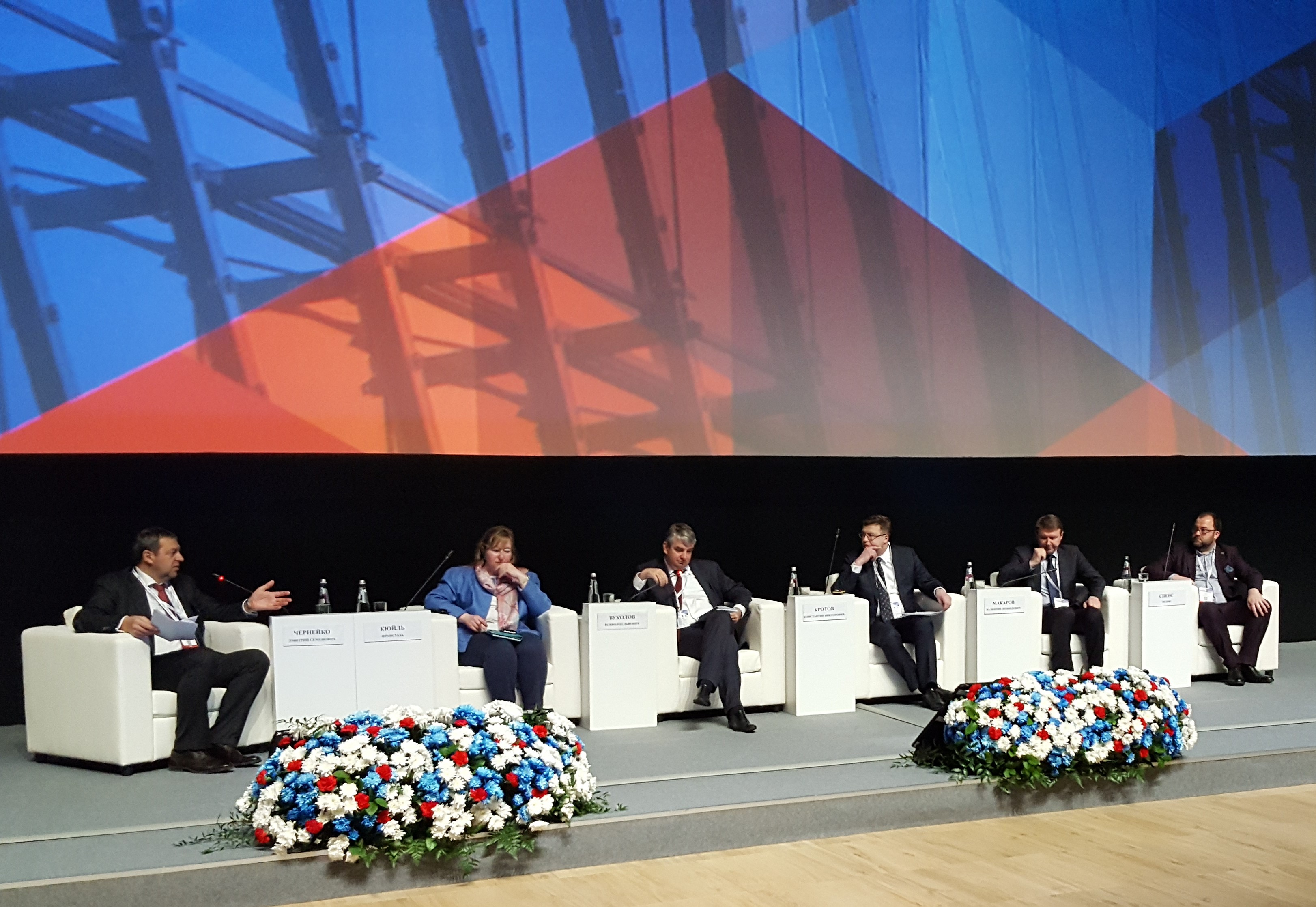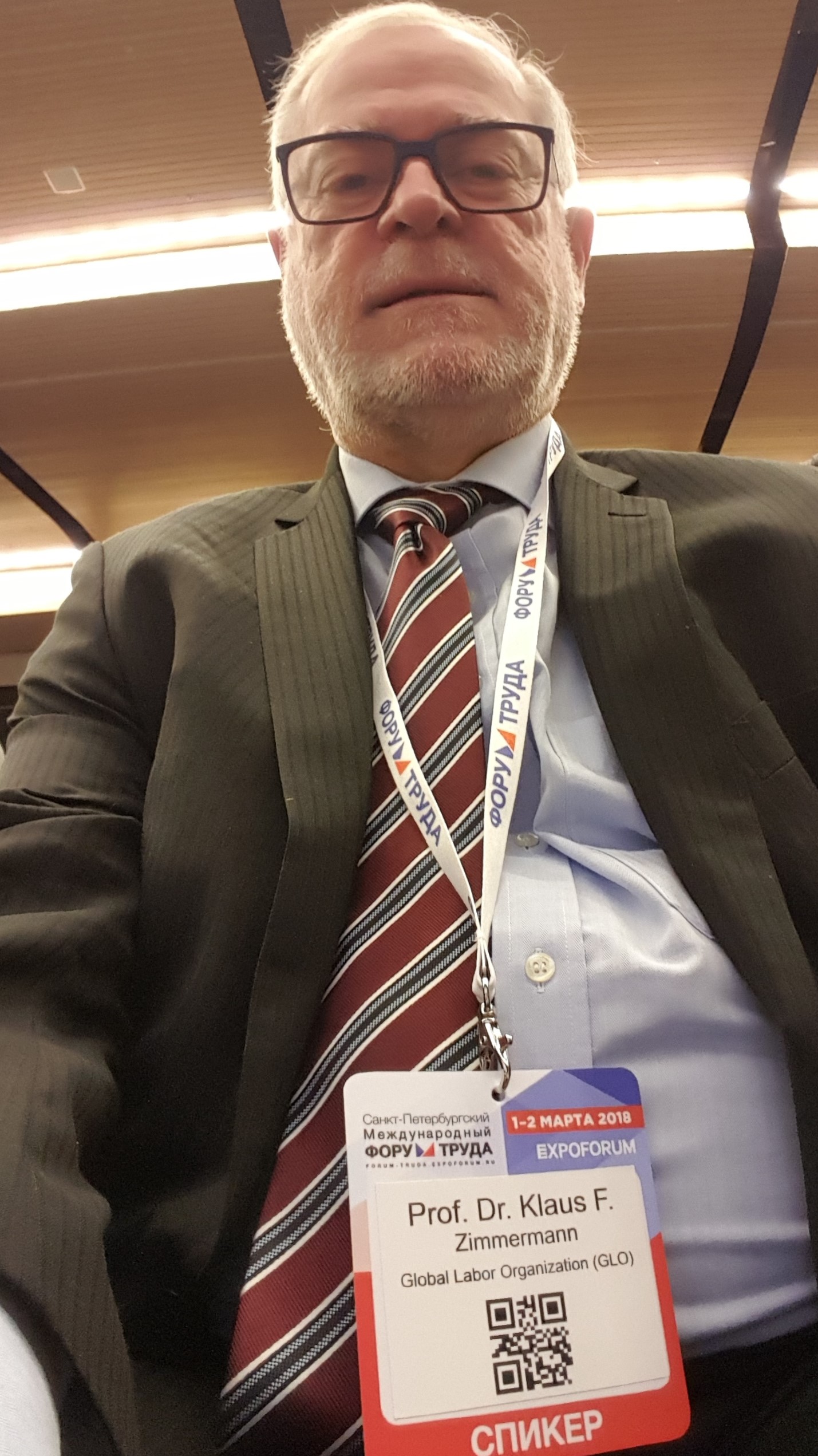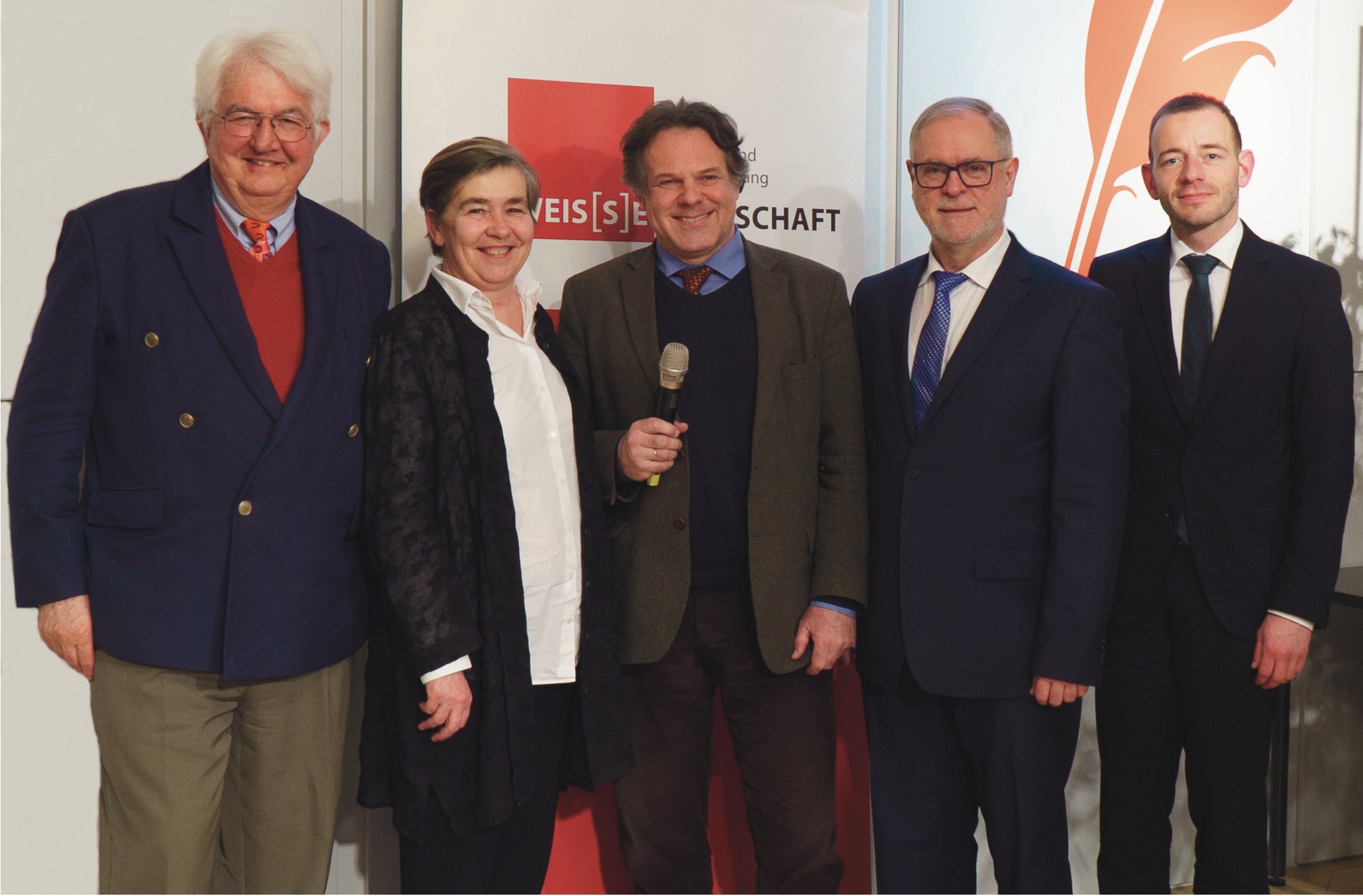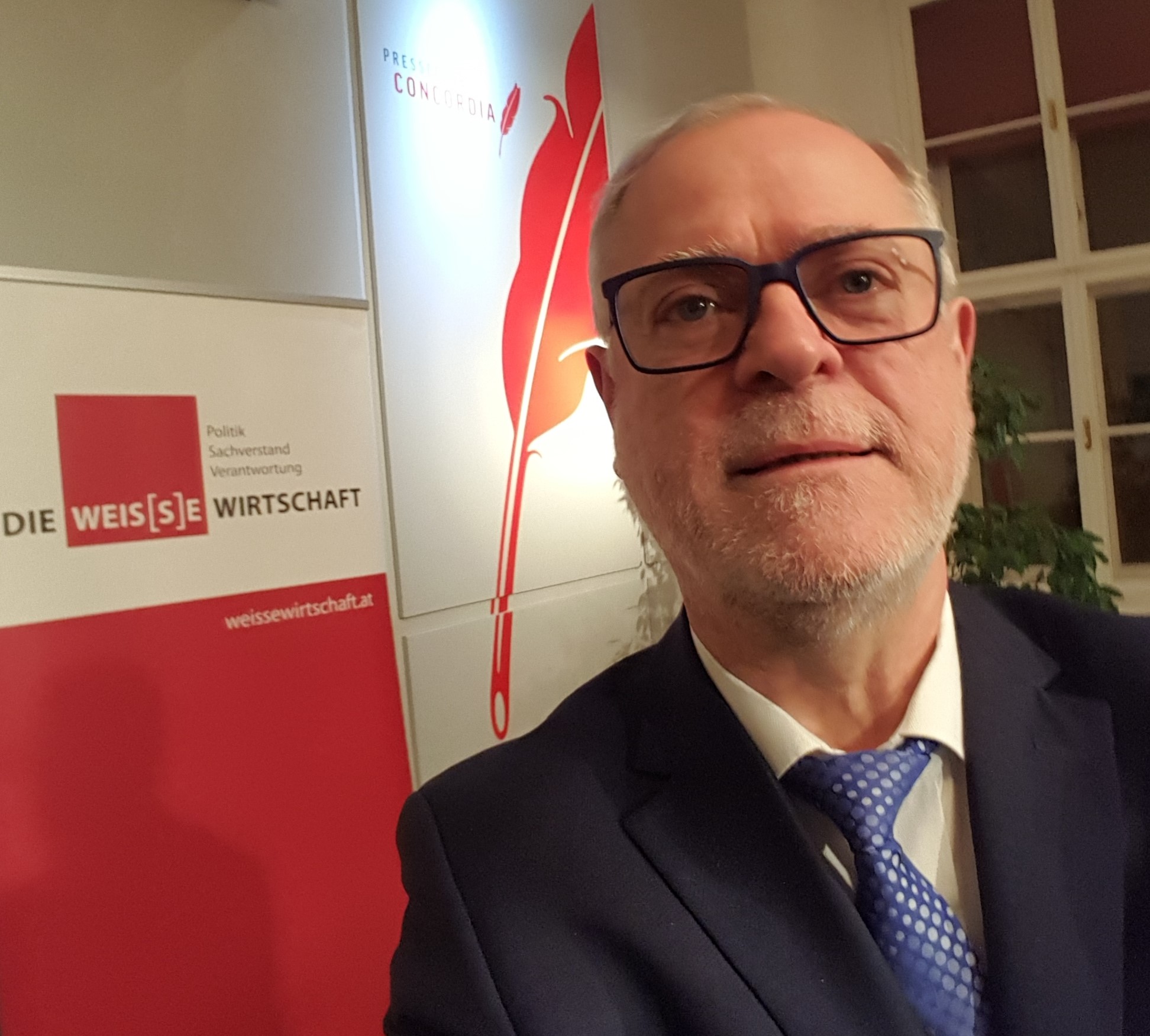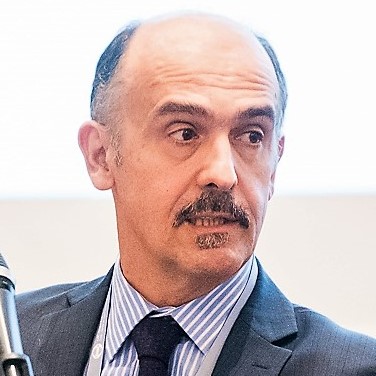Klaus F. Zimmermann (UNU-MERIT, Maastricht University and Bonn University) is the President of the Global Labor Organization (GLO). On February 26, 2018, he participated in a conference of the Austrian Federal Economic Chamber, in Vienna/Austria on the “The European Labor Market – between Unemployment and Shortages of Skilled Labor”. Zimmermann gave a speech on “Challenges and Chances of the free European Mobility of Workers” and participated on a Plenary Panel about the labor markets of Austria, Poland and Romania. He had many interactions with participants, among others with Christoph Leidl, the President of the Austrian Federal Economic Chamber, and GLO Fellow Rainer Münz (European Political Strategy Centre, European Commission, Brussels).
Key messages of the speech of Zimmermann (Challenges and Chances of the free European Mobility of Workers):
► In the past, Austria was able to attract needed workers from the European Union member countries, in particular from the new member states in the East. However, the labor markets of Poland, Romania and the Czech Republic are empty and can hardly fulfill such needs in the future.
► EU – internal labor mobility is crucial for the welfare of Europe and Austria. Labor market flexibility is an important factor for economic prosperity. It helps to adjust to long term-demands and absorbs asymmetric economic shocks.
► EU labor market flexibility has recently increased in comparison with the US. This has been driven by migrants from the recent EU enlargement new member states, but also from third country nationals.
► Labor mobility demonstrates the advantages of migration for the receiving economies. It hence helps to reduce potential tensions against migrants in the native population.
Literature:
►Jauer, Julia & Liebig, Thomas & Martin, John P. & Puhani, Patrick A., Migration as an adjustment mechanism in the crisis? A comparison of Europe and the United States 2006-2016, GLO Discussion Paper 178, February 2018. Free download.
Abstract: We estimate whether migration can be an equilibrating force in the labour market by comparing pre-and post-crisis migration movements at the regional level in both Europe and the United States, and their association with symmetric labour market shocks. Based on fixed-effects regressions using regional panel data, we find that Europe’s migratory response to unemployment shocks was almost identical to that recorded in the United States after the crisis. Our estimates suggest that, if all measured population changes in Europe were due to migration for employment purposes – i.e. an upper-bound estimate – up to about a quarter of the asymmetric labour market shock would be absorbed by migration within a year. However, in Europe and especially in the Eurozone, the reaction to a very large extent stems from migration of recent EU accession country citizens as well as of third – country nationals.
►Zimmermann, Klaus F., Migrationspolitik im Mediensturm (Migration Policy in the Media Storm), Wirtschaftspolitische Blätter, 63 (2016), 497-508. Pre-publication draft.
►Zimmermann, Klaus F., Migration, jobs and integration in Europe, in: Migration Policy Practice, 2014, 6(4), 4-16. Publication, free access.
►Bauer, Thomas K. & Lofstrom, Magnus & Zimmermann, Klaus F., Immigration policy, assimilation of immigrants, and natives’ sentiments towards immigrants: Evidence from 12 OECD countries, Swedish Economic Policy Review (2000) 7, 11-53. (497 Google Scholar Cites.)
GLO President Zimmermann in front of the Austrian Federal Economic Chamber, Vienna, on February 26, 2018.
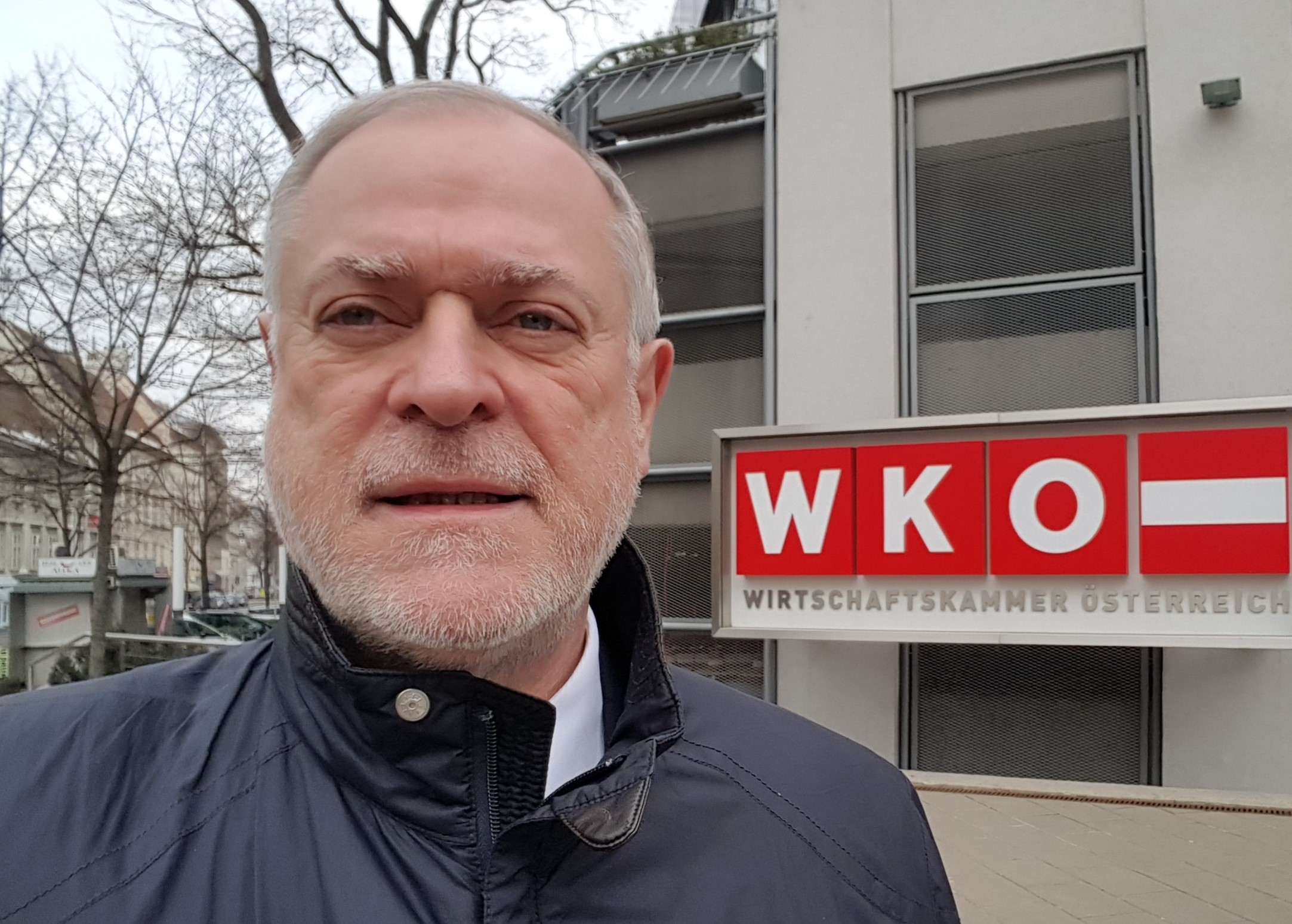

Ends;


